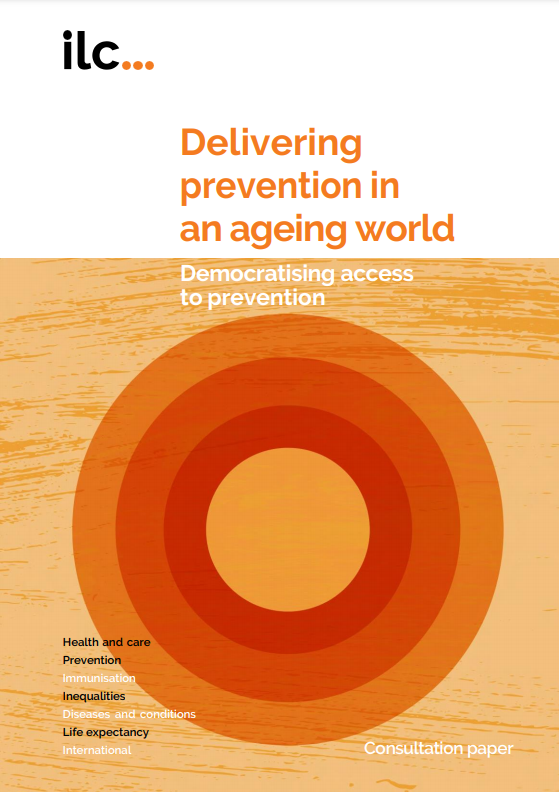Social Security, Taxation Law, and Redistribution: Directions for Reform
By Alison McClelland, Richard Krever While it is now generally accepted that some redistribution of economic power is a legitimate goal of government, there is no consensus as to the type of redistribution that should be pursued. In the absence of a clear redistributive goal, it is impossible to evaluate critically current law, or make recommendations for change. In the first part of this article, we examine alternative models of redistribution and advocate a preferred model, namely, redistribution to promote...










